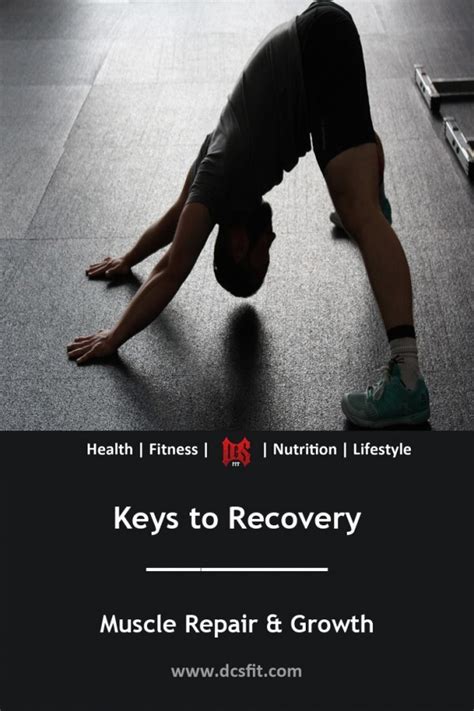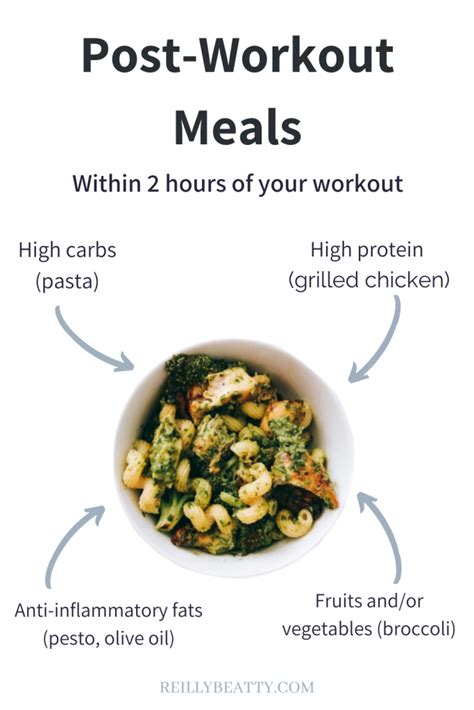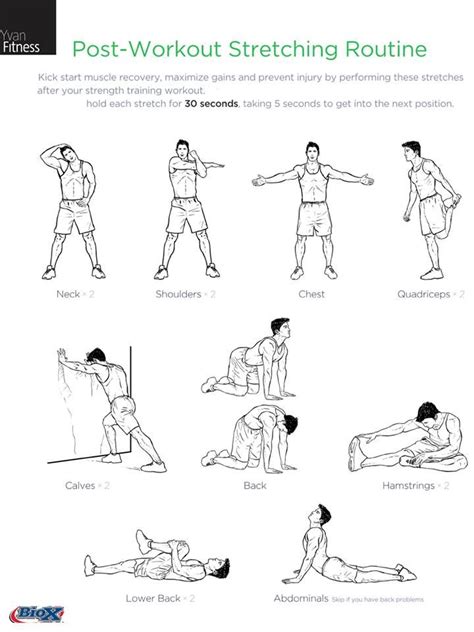Optimize workout recovery for muscle growth?

The Unsung Hero of Gains: Why Recovery Matters More Than You Think
Many gym-goers meticulously plan their workouts, tracking sets, reps, and weights, yet often overlook the equally critical phase: recovery. While training provides the stimulus for muscle growth, it’s during the recovery period that the actual magic of muscle repair and hypertrophy (growth) happens. Neglecting proper recovery not only hinders your progress but can also lead to overtraining, injury, and burnout. Understanding and optimizing your recovery strategy is paramount for maximizing muscle growth and overall athletic performance.
The Science Behind Muscle Recovery and Growth
When you lift weights, you create microscopic tears in your muscle fibers. This process, known as muscle damage, signals the body to initiate a repair process. During recovery, your body uses amino acids (from protein) to rebuild and strengthen these damaged fibers, making them thicker and more resilient – a process called supercompensation. This is the essence of muscle growth. Adequate rest, nutrition, and other recovery modalities ensure this process is efficient and effective.

Pillars of Optimal Workout Recovery
1. Quality Sleep: Your Body’s Prime Repair Time
Sleep is arguably the most critical recovery tool. During deep sleep cycles, your body releases growth hormone, which is vital for muscle repair, tissue growth, and fat metabolism. Aim for 7-9 hours of quality sleep per night. Creating a consistent sleep schedule, ensuring a dark and cool bedroom, and avoiding screens before bed can significantly improve your sleep quality.
2. Nutrient-Dense Nutrition: Fueling the Rebuilding Process
What you eat after a workout, and throughout the day, directly impacts your body’s ability to recover and grow. Focus on three key macronutrients:
- Protein: Essential for muscle repair and synthesis. Aim for 1.6-2.2 grams of protein per kilogram of body weight daily, spread across meals. Consume a protein-rich meal or shake within an hour or two post-workout.
- Carbohydrates: Replenish glycogen stores depleted during exercise. Complex carbohydrates provide sustained energy, while simple carbs post-workout can quickly restore glycogen.
- Healthy Fats: Support hormone production and reduce inflammation, both crucial for recovery.

3. Hydration: The Often-Overlooked Component
Water plays a vital role in every bodily function, including nutrient transport, temperature regulation, and joint lubrication. Dehydration can impair performance and delay recovery. Drink plenty of water throughout the day, especially before, during, and after workouts.
4. Active Recovery and Mobility: Enhancing Blood Flow and Flexibility
Light activities like walking, cycling, or swimming can help promote blood flow to sore muscles, aiding in the removal of metabolic waste products and delivery of nutrients. Incorporating stretching, foam rolling, and mobility work can improve flexibility, reduce muscle stiffness, and prevent injury, allowing for more effective future training sessions.

5. Stress Management: Reducing Catabolic Hormones
Chronic stress elevates cortisol levels, a catabolic hormone that can break down muscle tissue and hinder recovery. Practicing stress-reducing techniques like meditation, yoga, deep breathing exercises, or spending time in nature can positively impact your recovery and overall well-being.

6. Strategic Supplementation (Optional)
While not a substitute for whole foods, certain supplements can support recovery:
- Whey Protein: Fast-digesting protein for post-workout repair.
- Creatine: Enhances strength and power, and may aid recovery by reducing muscle damage.
- BCAAs/EAAs: Branched-chain amino acids (BCAAs) and essential amino acids (EAAs) can support muscle protein synthesis.
- Omega-3 Fatty Acids: Possess anti-inflammatory properties.
Listen to Your Body: The Ultimate Recovery Indicator
Ultimately, the best recovery plan is one that’s tailored to you. Pay attention to how your body feels. Signs of inadequate recovery include persistent muscle soreness, fatigue, decreased performance, irritability, and poor sleep. Don’t be afraid to deload, take an extra rest day, or adjust your training intensity when needed.

Conclusion: Recover Smart, Grow Stronger
Optimizing workout recovery isn’t just about feeling less sore; it’s about creating the optimal environment for muscle growth, enhanced performance, and long-term training sustainability. By prioritizing quality sleep, strategic nutrition, proper hydration, active recovery, and stress management, you can unlock your body’s full potential and achieve the muscle gains you’re working so hard for. Remember, the effort you put into your recovery is just as important as the effort you put into your lifts.







